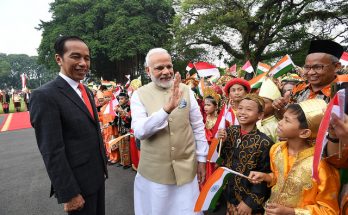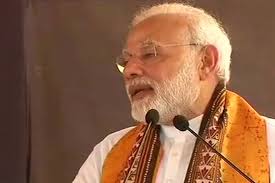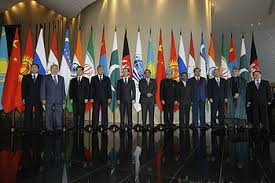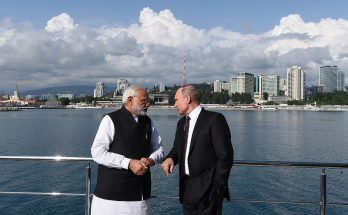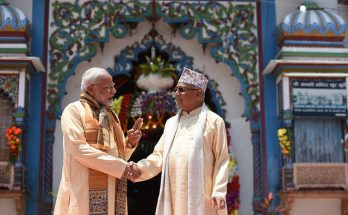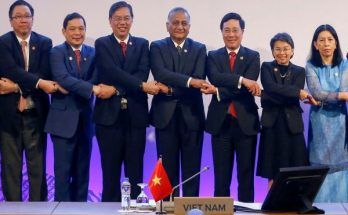Kim Jong-un’s historic meeting with South Korea’s President Moon Jae-in across the ‘Military Demarcation Line’ (MDL) on April 27, 2018 will go down as a watershed moment in the destiny of Korean Peninsula. The Korean Peninsula, given its geographic location, has been the scene of inter power rivalry in the North East Asian region. Post the Korean War, despite adversaries being armed to the teeth and in a ‘trip wire’ state of readiness, major confrontation was obviated due the prevailing state of parity in terms of military potential. Hence, even after six and half decades, the status of MDL remained unaltered, despite sporadic incidences of incursion and violence.
Read More

